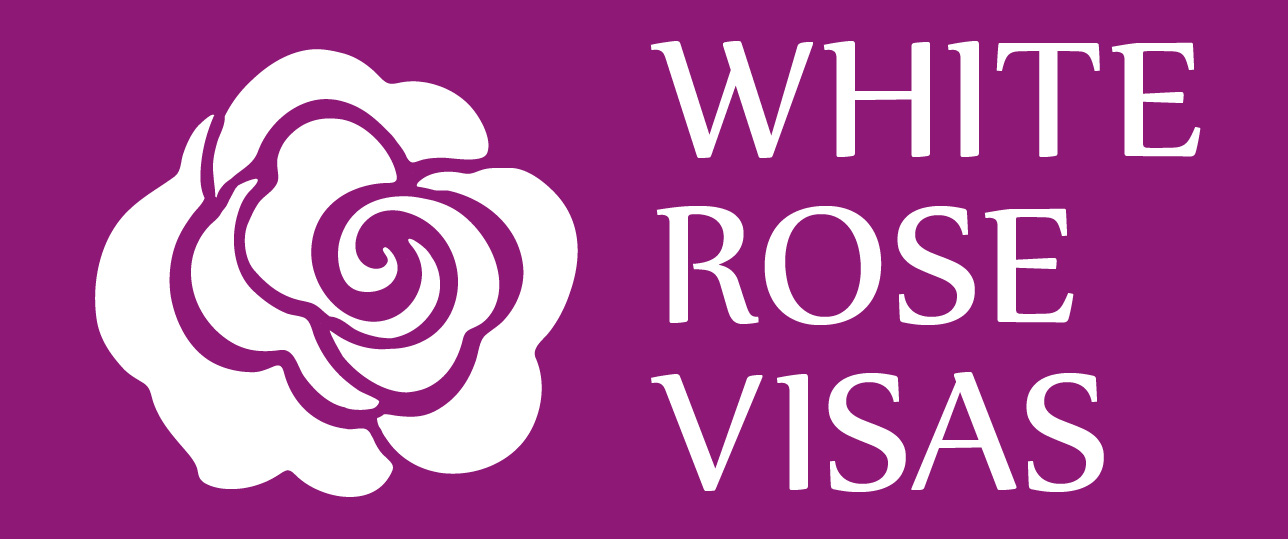-
The Graduate Visa (formerly Post-Study Work or PSW): This visa grants you two years of unrestricted work in the UK. It’s incredibly flexible – you can work full-time, part-time, be self-employed, or even have periods of not working. It’s often the easiest and most popular initial option after your studies.
-
The Skilled Worker Visa (formerly Tier 2 General): This route requires you to have a job offer from a Home Office-registered employer who can issue you a Certificate of Sponsorship. This visa ties you to that specific employer, although some supplementary employment is permitted. If you want to change jobs, you’ll generally need to switch your visa.

Kim Day
Senior Immigration Adviser and Founder
White Rose Visas

-
Graduate Visa: Offers great flexibility for two years*, allowing you to explore different job roles and types of employment. However, time on this visa does not directly count towards the five-year route to Indefinite Leave to Remain (ILR), which is permanent residency. It does count towards the 10-Year Long Residence route.
- Skilled Worker Visa: Historically, this route was preferred as it directly contributed to the five-year ILR path.
However, Kim highlighted a significant upcoming change: the standard length of time required to gain ILR is set to increase from five years to 10 years across most visa routes under proposed legislative changes. While this is a major shake-up, it means that for most people starting their journey now, the initial visa choice for ILR purposes becomes less critical, as both routes will generally contribute to a 10-year path to settlement.
-
Global Talent Visa: This is for individuals who are leaders or potential leaders in specific fields: academia/research, arts and culture, and digital technology. It requires endorsement from a relevant body before you can apply for the visa itself. It’s a highly selective route for exceptional individuals.
-
Innovator Founder Visa: This route is for those looking to set up an innovative business in the UK. Like the Global Talent visa, it requires endorsement from a specific body. This route has become significantly tighter in recent years, so it’s essential to seek expert advice if considering it. It offers an accelerated path to settlement (three years) but comes with its own set of complexities.
-
Dependent Route: If your partner is in the UK on a Skilled Worker or Graduate Visa, you might be able to switch to a dependent visa, which allows you to work or be self-employed.
-
Self-Sponsorship (within the Skilled Worker Route): While complex, this can be an option for individuals who have established a successful business in the UK (perhaps on a Graduate Visa) and whose company can then obtain a sponsor licence to sponsor the founder under the Skilled Worker route. This is a highly nuanced area that requires in-depth consultation.
For personalised advice regarding your specific circumstances, we strongly recommend consulting with a qualified and regulated immigration professional. You can find more detailed information and contact White Rose Visas, expert immigration lawyers, by visiting their website: whiterosevisas.co.uk.

